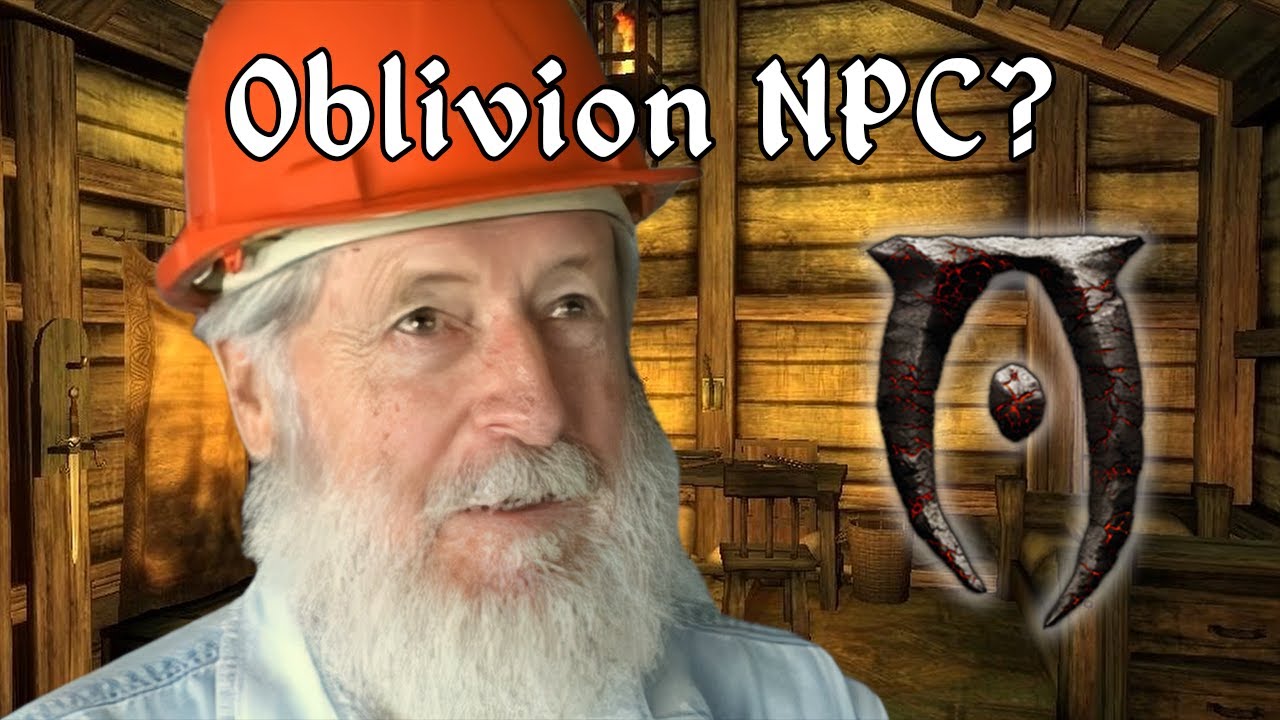

I never had an issue on hollow knight. Both on PC Linux and steamdeck. […]
I’m not sure what the exact replication bounds are for the bug; maybe your configuration simply doesn’t experience the issue? Or perhaps you inadvertently configured Steam to force proton somewhere?

 [1]
[1]












For reference, the source that I cited was a report from last month [1]. Also, I personally verified that, in Hollow Knight, controller rumble worked with Proton enabled, and didn’t work with it disabled.
References